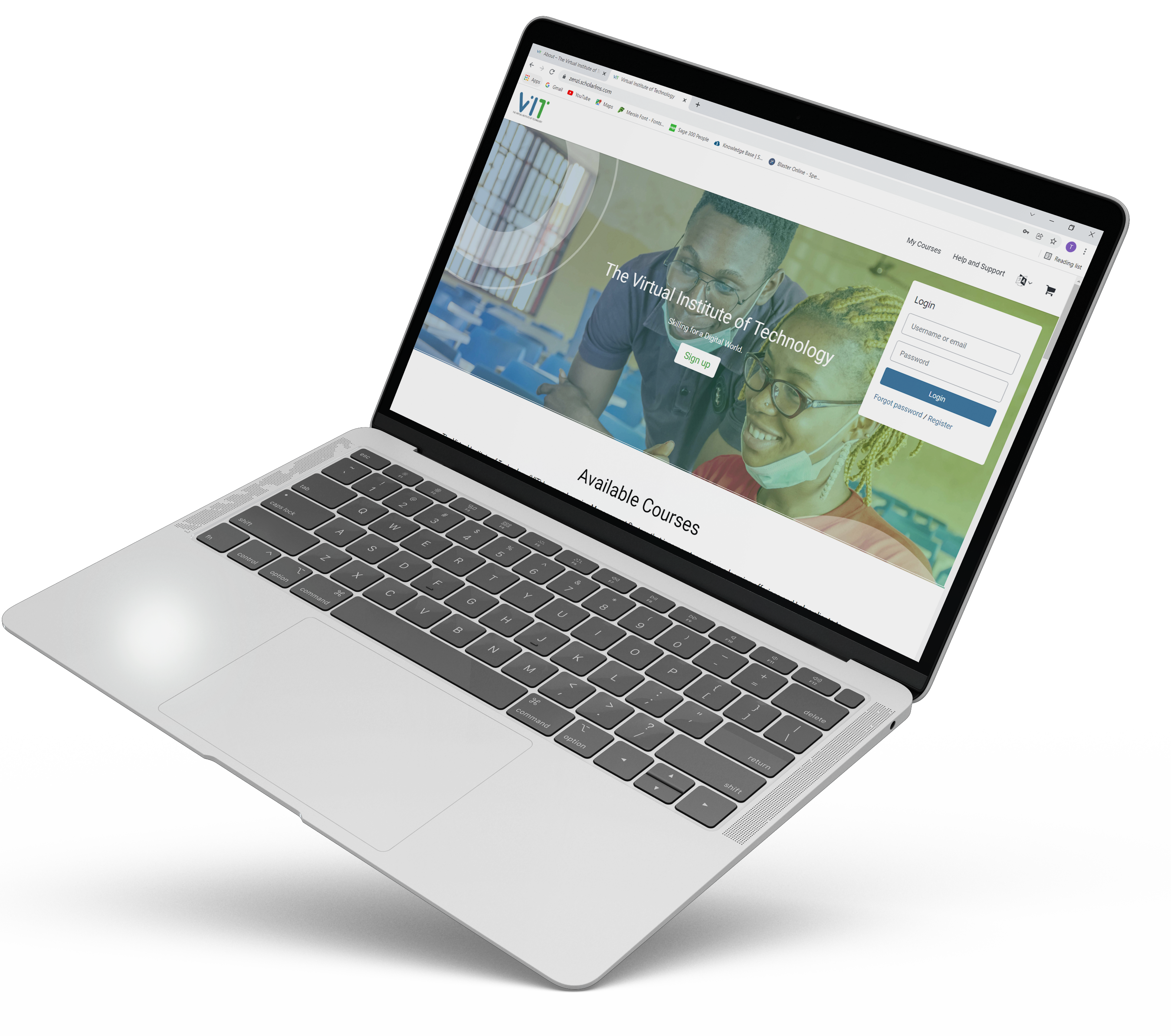The adoption and consistent use of technology pose a significant challenge for EdTech companies seeking to introduce digital alternatives; especially in rural and peri-urban communities.
Supporting communities during the introduction of digital education platforms is of paramount importance.
The VIT approach ensures that such stakeholders are genuinely engaged and appropriately empowered throughout the process.
We use the following key instruments to achieve this objective:
The VIT recognises that language can be one of the biggest barriers to the introduction of elearning platforms in communities.
In South Africa, The VIT is staffed by skilled personnel who are proficient in all the 11 official languages.
We also have in our employ and through our partners, people who speak various languages including Swahili, Lingala; Shona, French and bahasa Indonesia.
We speak the language of the people we seek to serve.
We are in the process of developing The VIT Hubs. These 5 hubs will be accommodated at selected schools and colleges, and spread across a number of provinces.
The VIT Hubs will be centrally located within such provinces and be easily accessible to most communities.
They will be managed by local graduates of the Telecoms Projects Technician Certificate programme. They will offer the first line of support to the community of The VIT educational platforms users, including addressing software and network integrity related issues.
The VIT is fully aware of the unfortunate reality that broadband infrastructure and equipment get vandalized and stolen.
We have adopted a community-based approach whereby the adoption of educational platforms is demonstrably linked to improved quality of education and better jobs prospects.
We work with our partners Thabure Towerco to create sustainable business models whereby local entrepreneurs are identified, mentored and developed to provide infrastructure maintenance and security services.

The current Covid-19 pandemic has brought into sharp focus the need to re-allocate more resources towards online education.
Schools and institutions of higher learning are limited in their ability to monitor, measure and manage the impact of such resource allocation in an effective way.
The VIT has secured the rights to an Online Education Analytics technology that overcomes such limitations and provides transparency to the impact of budgets assigned e-learning initiatives
The analytics enable users to:

88 Western Services Road, Woodmead, Johannesburg
16 Kaye-Lyn Street New Industrial Area, Polokwane Limpopo
Riverside Lofts, Carl Cronje Drive, Tygervalley, Cape Town
Ruko Villa Bukit Mas Blok RB No 01, Jl. KH Abdul Wahab Siamin Surabaya Jawa Timur, Indonesia

With 4 700 registered users currently using its platform, the Virtual Institute of Technology (VIT) expects its user numbers to grow “exponentially” over the next 18 months. This is according to VIT project manager Phumzile Hlatshwayo, speaking at the launch of the edtech company before a hybrid audience.